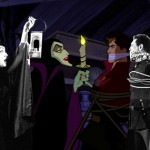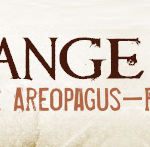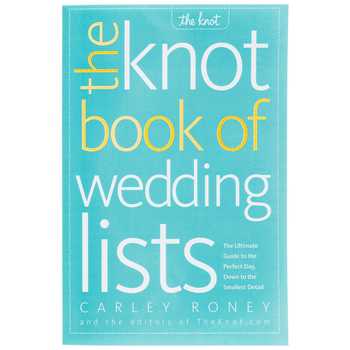In the collection of C.S. Lewis essays I finished recently(Of Other Worlds), one of the selections (“Unreal Estates”) is the transcript of a discussion between Lewis, Kingsley Amis, and Brian Aldiss on genre literature, among other topics. At one point in the conversation, the following exchange appears:
Lewis: By the way, has any science fiction writer succeeded in inventing a third sex? Apart from the third sex we all know.
Amis: Clifford Simak invented a set-up where there were seven sexes.
Lewis: How rare happy marriages must have been then!
Before you read on, pause for a second and try to decide exactly what problem Lewis is anticipating in his comment.
I realized, when I was reading the dialogue, I could think of two possible complications that Lewis might be referring to (and the conversation subsequently shifted, so I wasn’t sure which was right). First, Lewis might have meant it would be much harder to find anyone to marry, since the odds that anyone was attracted to your particular sex was much lower. Who knows how a system of seven sexes would work. People might be attracted to any subset of the seven, and you might be unlucky enough to keep falling for people who didn’t find your particular sex attractive.
In this world, liking a particular gender is like having a thing for redheads, and finding out that disappointingly few redheads have a thing for you. The more specialized your tastes, the more difficult it is to find a compatible match.
But, I realized there was another possible difficulty that Lewis might have anticipated. If marriage is meant to be the sacrament that bridges a tremendous division, and reunites the two images of God, might it be that, in Simak’s world, a true marriage would bind seven people together — one of each gender? This bears a little more resemblance to the idea of love and marriage as a healing of divisions (as in the song “The Origin of Love” below, adapted from Plato’s Symposium).
Here, the genders are essential to identity and complimentary. A marriage of only six people would be unbalanced in some way, so you have to find seven people willing to pledge troth together.
I’d be curious to have commenters share which difficulty they anticipated (or if you came up with a third idea) and whether it matches your ordinary ideas about love and marriage.













